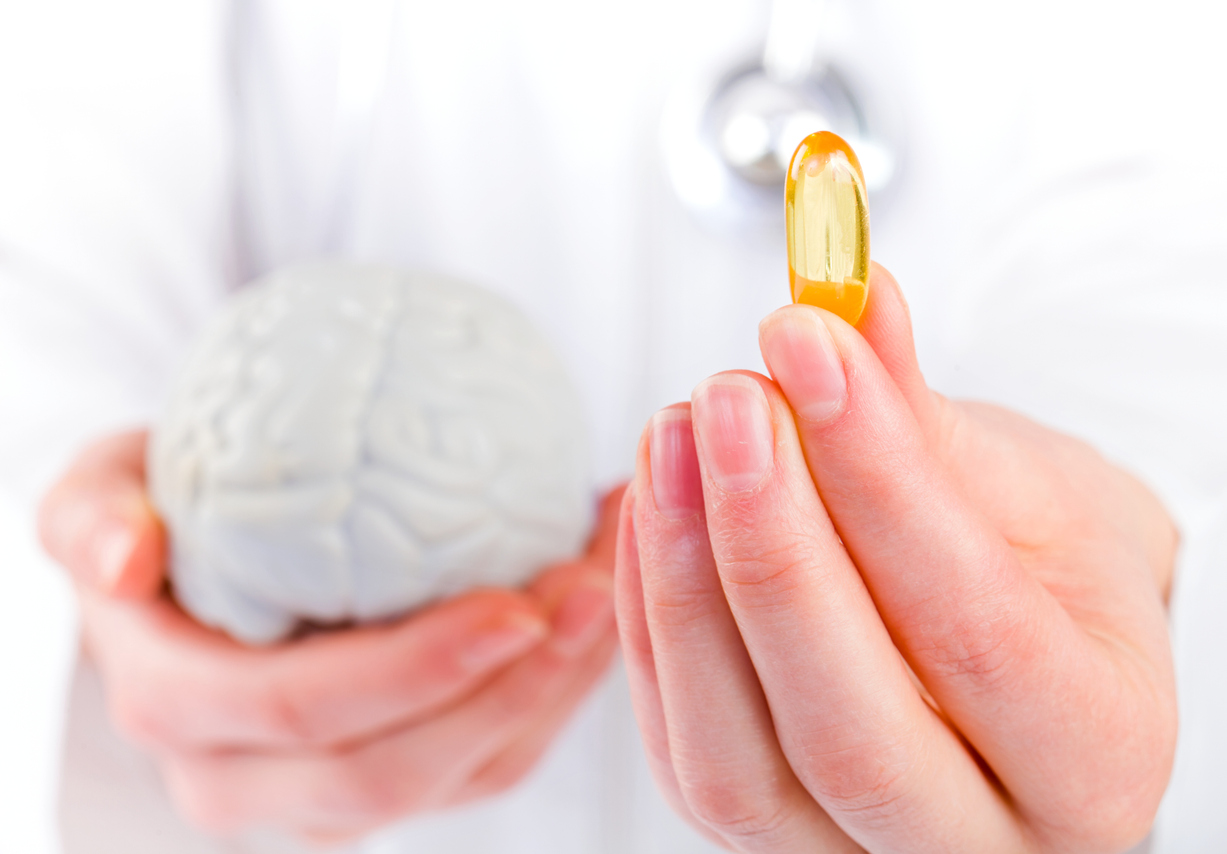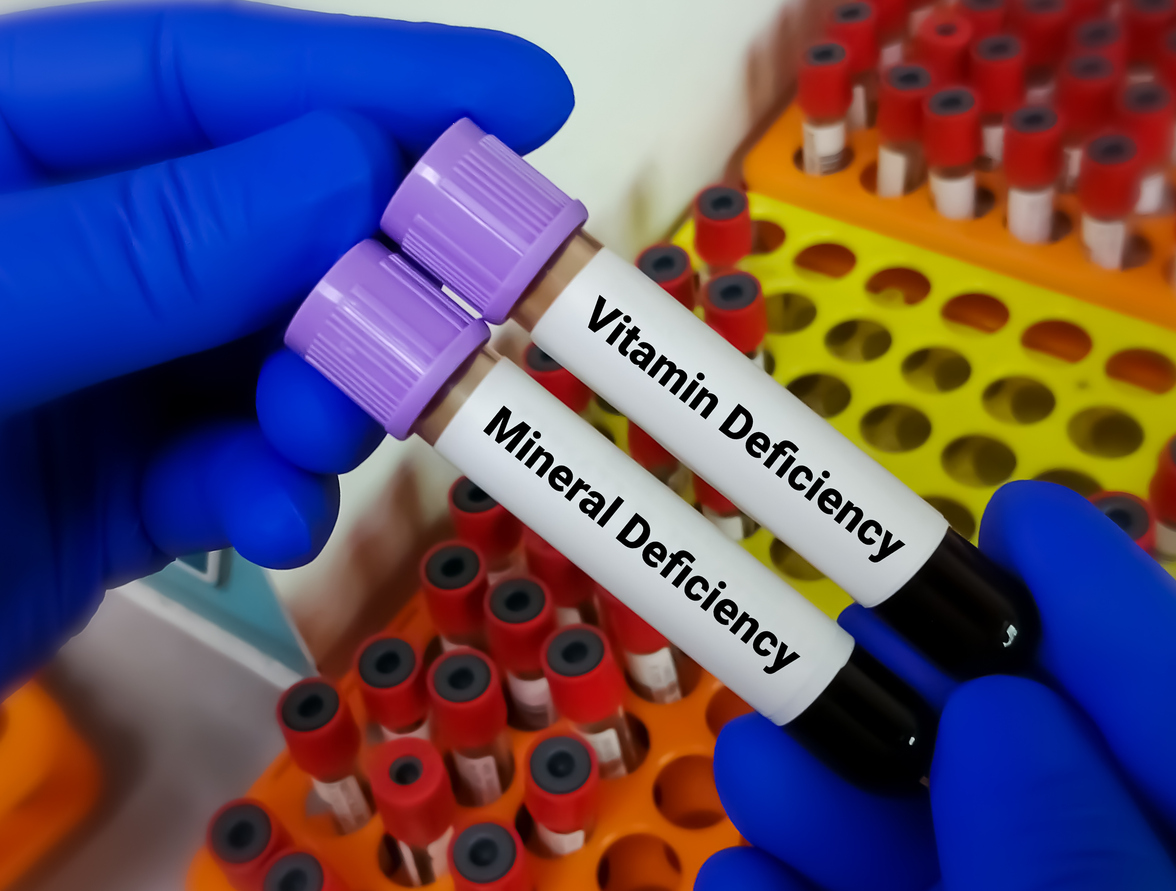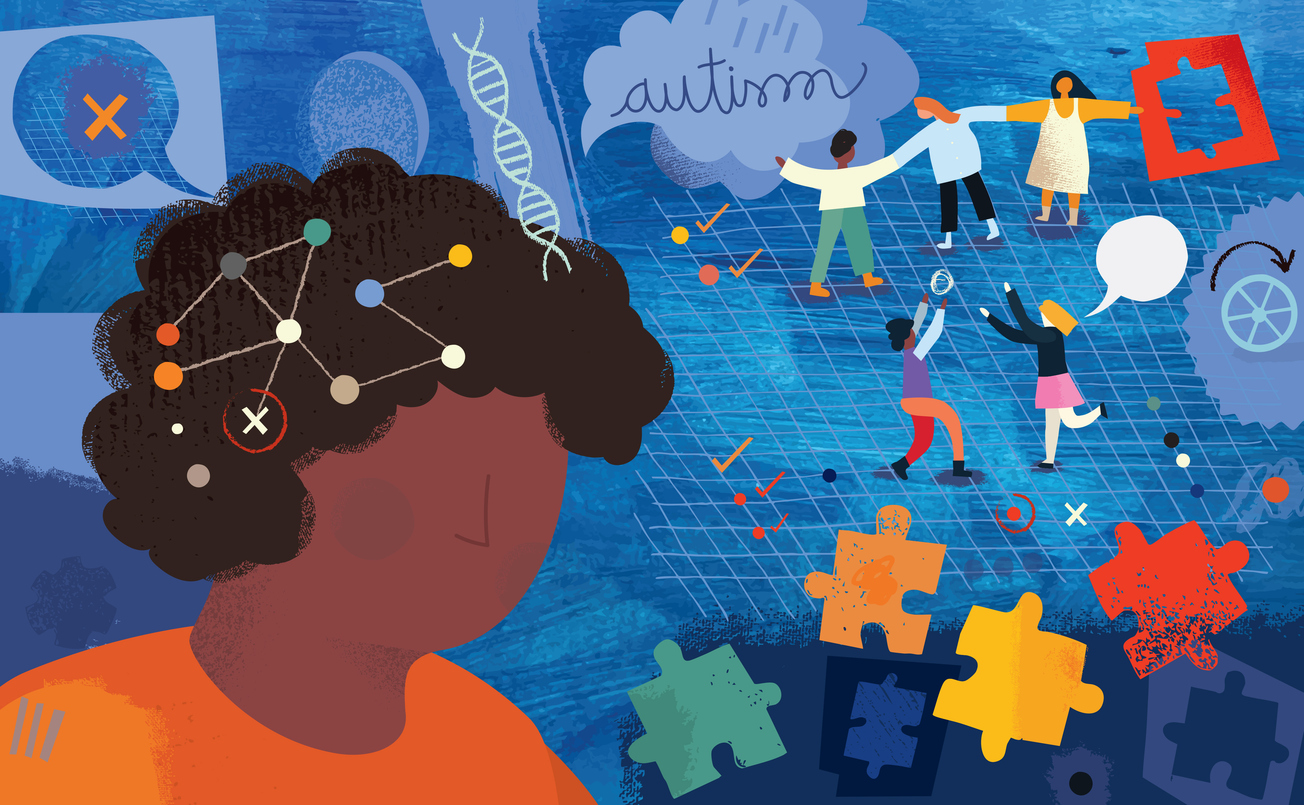



















Are you doing everything you can to protect your brain health?
There’s a lot of buzz about “brain nutrients” these days. Protocol for Life Balance leverages the most compelling research to offer a suite of supplements specifically to designed to support neurological health and cognition.
Featuring Cogumin SLCP, Magtein®, Phosphatidyl Serine, and Brain Regain, this collection contains everything you need to nourish your brain.
Dr. Hoffman only recommends products he believes are of high quality and beneficial for his audience. Please be advised that some of our articles may contain links to our trusted sponsors. As an Amazon Associate, I earn commissions from qualifying purchases.
Want to know more? We’d love to hear from you.
All information on this website is intended for entertainment and educational purposes only. It is not a replacement or substitute for professional medical advice and/or treatment. Consult with your own doctor for information and advice on your specific medical condition or questions.
By using this website, you agree to its Terms of Use.
To comment about Intelligent Medicine, please email us at:
questions@drhoffman.net
To advertise with us, please visit:
IntelligentMedicineMarketing.com
*The statements made herein have not been evaluated by the Food and Drug Administration. Products are not intended to diagnose, treat, cure, or prevent disease.

Our virtual voicemail is open 24/7, so there's no need to wait to submit your questions for Dr. Hoffman. Leave a message, and you may hear your question featured on the Intelligent Medicine radio program!